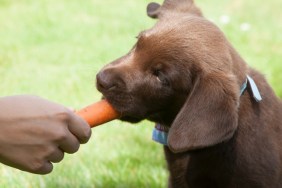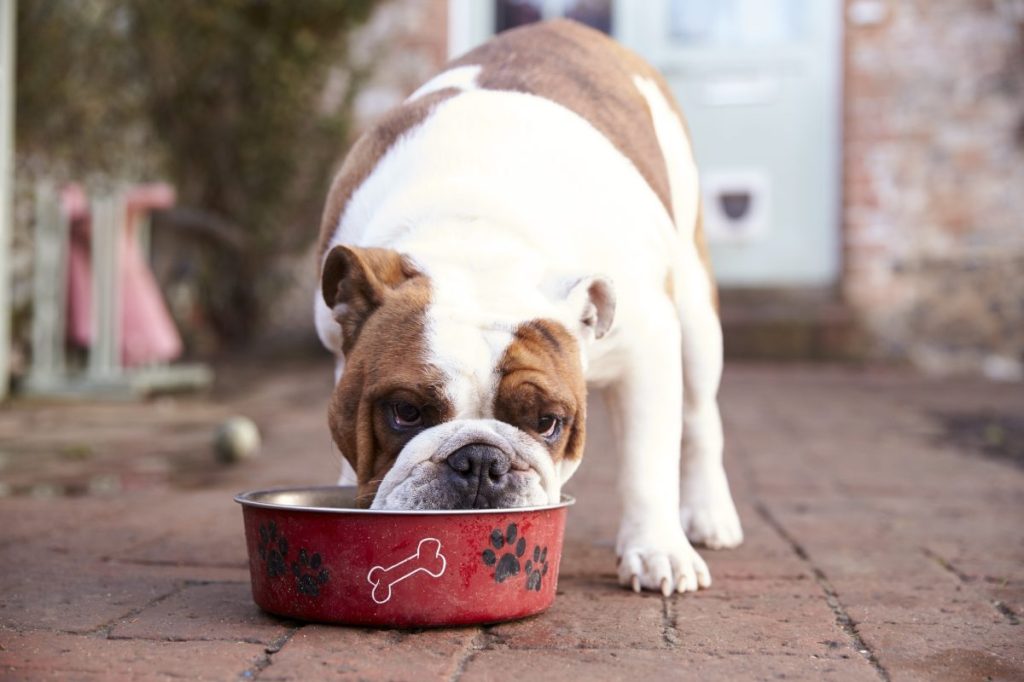Your dog is looking at you with those big brown eyes. Your heart melts, and you reach for a treat. Their tail wags, and you feel content. But are you really doing your dog any favors if they become overweight? No! That’s why we’re going to help you reverse course with some dog diet tips.

In a study from the New University of Illinois, researchers have found that specially formulated vegan diets can…



